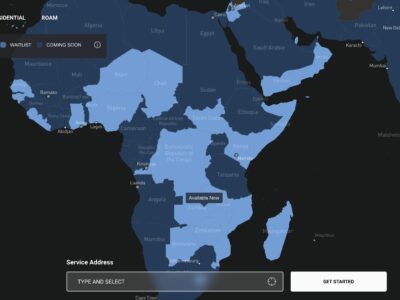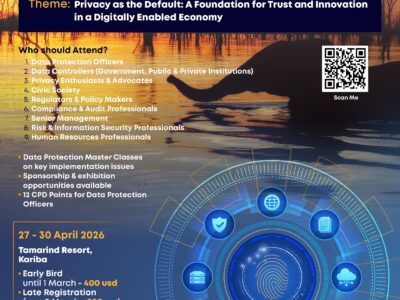The conversation about connectivity is no longer just about catching up; it is about determining the type of digital future we want to create. For years, the focus has been on infrastructure, bridging gaps, and ensuring that people can go online. However, by 2026, connectivity will no longer be regarded as a luxury or a distant goal. It will be a baseline.
This isn’t only about signal strength and broadband speed. It is about the consequences of excluding someone from the digital world. Connectivity in Zimbabwe is not about convenience, it’s about inclusivity.
By Gamuchirai Mapako
Here comes in the question of how the nation can leverage emerging technologies to drive economic growth, sustainability, and social progress. With advancements in Artificial Intelligence (AI), Blockchain, the Internet of Things (IoT), and Big Data, Zimbabwe has the opportunity to leapfrog traditional development barriers and position itself as a competitive player in Africa’s digital economy.
However, realising this vision requires a deliberate strategy, one that prioritises digital inclusion, green technology, cross-border collaboration, and robust cybersecurity.
AI, Blockchain, IoT, and Big Data are no longer futuristic concepts, they are already reshaping economies across Africa. In Zimbabwe, these technologies can drive efficiency in public services, agriculture, and infrastructure development.
Zimbabwe’s economy remains heavily reliant on agriculture. AI-powered solutions, such as predictive analytics for weather patterns and soil health monitoring, can help farmers optimise yields. Startups like AgriTech Zimbabwe are already using drones and IoT sensors to provide real-time farm data, reducing waste and increasing productivity.
At the 2025 Cyber Fraud Summit, presenters touched on incorporating blockchain for transparency. Zimbabwe’s financial sector could benefit from blockchain to enhance transparency in transactions, reduce fraud, and streamline cross-border trade. The government’s exploration of a gold-backed digital currency highlights the potential for blockchain in stabilizing the economy.
Zimbabwe must invest in digital infrastructure and skills development to fully harness these technologies. Public-private partnerships will also be crucial in driving innovation.
For Zimbabwe’s digital transformation to be meaningful, it must be inclusive. Millions still lack access to affordable internet and digital tools, particularly in rural areas.
With a young population, Zimbabwe can leverage online learning platforms to improve education access.
Mobile money platforms like EcoCash and several others have revolutionized banking, but more innovation is needed to serve the unbanked.
The government and telecom providers must collaborate to expand internet coverage and make digital devices more affordable because Zimbabwe cannot thrive in isolation, partnership are a necessity. These collaborations are key to overcoming infrastructural limitations and expanding market access.
A strong digital economy requires reliable data infrastructure, investment in start-ups, and cybersecurity measures. Zimbabwe also needs more local data centres to reduce reliance on foreign servers and lower costs.
The government should prioritise digital infrastructure funding and create policies that attract tech investors.
The responsibility for shaping Zimbabwe’s digital future lies with multiple stakeholders.
The government must create enabling policies, invest in infrastructure, and foster public-private partnerships. And the Private Sector should drive innovation, particularly in FinTech, AgriTech, and renewable energy.
Not so long ago, the ministry of ICT Postal And Courier Services has been instrumental in establishing Academia and Tech Hubs to equip youth with digital skills through updated curricula and training programs.














Comments